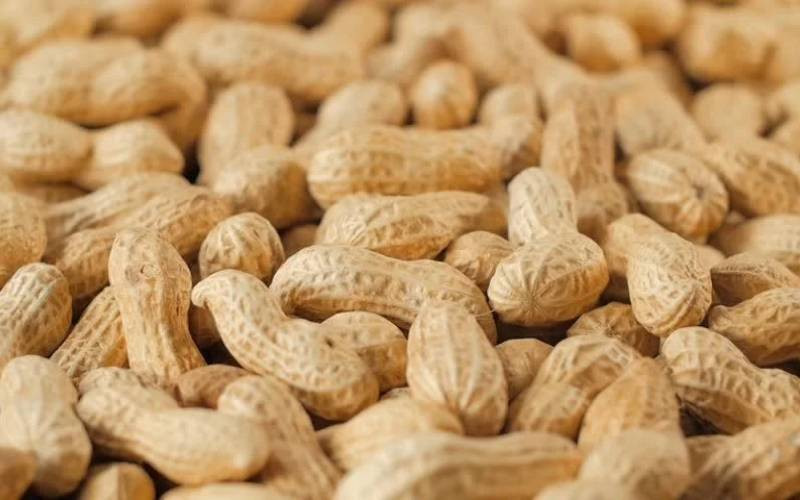×
The Standard e-Paper
Fearless, Trusted News

Picture this. Turkana County, one of the arid and semi-arid counties, has the highest number of irrigation schemes in Kenya at 51, acres of rich virgin soils and loads of sunshine – just the perfect ingredients for a lush farm.
But thanks to decades of neglect, it is still desperately food deficient. But there is a ray of hope. Determined to change the sorry state of affairs in Turkana, the second largest county, a new ambitious plan has been mooted.